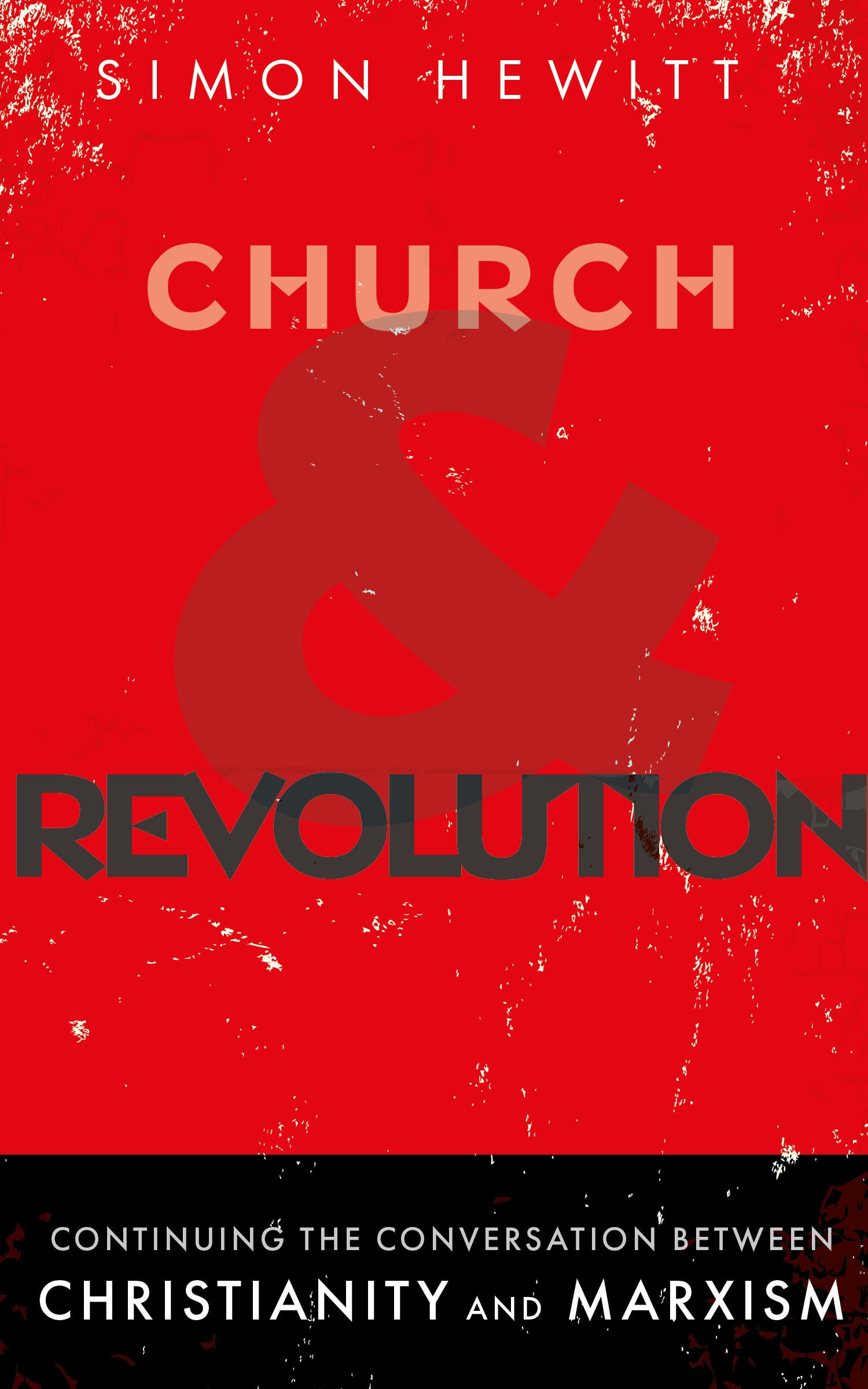
Description
Neither Christianity nor Marxism are doing well in contemporary Britain. Yet whatever problems might afflict each individually, many consider them to be incompatible.
This book argues that this objection fails and that we can learn a lot by working through the reasons why this is the case. Marx was indeed an atheist, but the target of his atheism was a form of belief in God which Christians ought to reject as idolatrous.
Similarly, Marx’s materialism is not best understood as a claim that no non-material entities exist, but rather as a view about the nature of human societies and the manner in which they change. This materialism emphasises the situatedness of all human thought and culture, and as such has much to teach Christianity, without undermining it.
Marx stresses the reality of social conflict, and argues that the fundamental conflict within capitalist society needs to be engaged in and won by the working class in order for a society more conducive to human flourishing to be born. Drawing on Herbert McCabe’s work, Simon Hewitt argues that we need to live with the conflict and applies this conclusion to questions about unity and communion within the Church.
Finally, Marx’s attack on moralism is often taken to be incompatible with religion of any sort. However, Christians don't need to embrace the kind of austere and command-based morality which is Marx’s target. Rather, within the Christian tradition there are far more interesting and life-affirming ways of thinking about ethics—centred on the idea of virtue—and these can provide the basis for common ground between Christians and Marxists.
With clarity, passion, and not a few enjoyable side-swipes at prevailing orthodoxies, Hewitt takes up afresh the task of thinking Christianity and Marxism together as sites and practices of revolutionary hope. Anyone who wonders whether Christianity and Marxism have anything to say to each other today—or who doubts the contemporary relevance of either tradition—should read this book.
Rachel Muers, Professor of Theology, University of Leeds
The writing is clear and admirably concise. In barely 100 pages, the author revisits Marx’s views on religion, takes several of his key insights, and shows how Christians could find them helpful. Marx’s criticism of religion, for example, which is more about exposing idolatry than attacking ideas, can be a bridging point with Christianity. Similarly, his assertion that ideas are always related to the economic context in which they arose can prompt a fresh look at the power of institutions (including the Church).
Andrew Bradstock, Reform
There are plenty of good Marxist arguments against specious uses of Christianity to defend the interests of the powerful, just as there’s no shortage of excellent Christian arguments against the brutal actions of regimes claiming inspiration from Marx. So it’s no surprise that the adherents of each tradition have been so quick to anathematise each other’s beliefs. But are the respective truth-claims of these belief systems as inherently incompatible as people are often given to assume? Simon Hewitt’s thoughtful rendering of Marxism and Christianity, based on an anti-dualistic understanding of “materialism” present in Thomistic thinking, holds open the possibility of a valuable critical dialogue. Rejecting both scientism and superstition, Hewitt identifies a common enemy in a social order which necessarily generates idolatrous substitutes for the right-ordering of our being.
Michael Calderbank, Co-editor of Red Pepper
Author
Simon Hewitt (author)

Simon Hewitt teaches and researches in theology and philosophy, and is a research fellow at the University of Leeds. He is active in left-wing politics and a committed Catholic and lay member of the Dominican Order.
